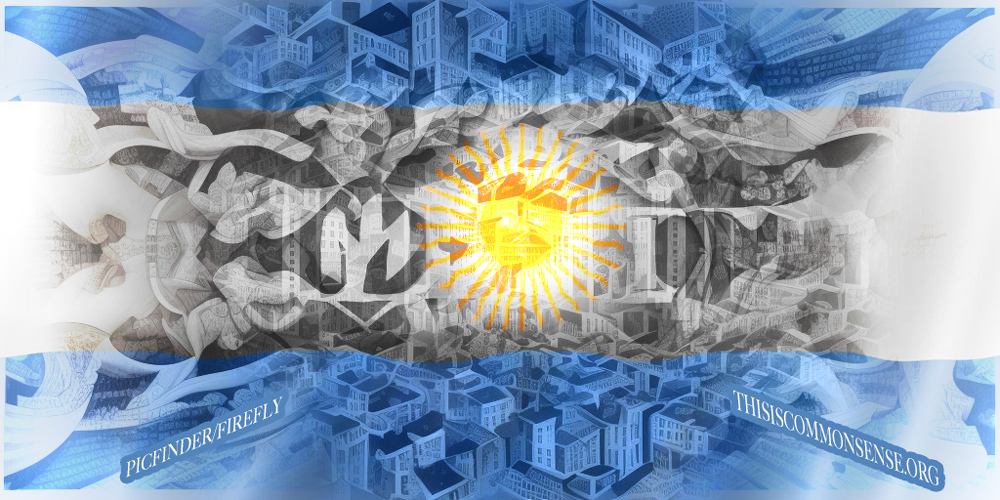Markets work and markets for housing work.
This is what the new president of Argentina, Javier Milei, has sought to confirm by means of radically free-market economic policies. He is going as far as he can as fast as he can to make Argentina a freer and more prosperous country.
Can he succeed in the long run?
Many exploiters of the socialist status quo ante are bitterly opposed to his reforms and hope to undo them. We’ve seen before how quickly a relatively anticapitalist administration can kill the freedom-expanding reforms of a relatively procapitalist one.
But at least for now, Milei is proving his point, as witness the market for apartments in Buenos Aires.
The Buenos Aires newspaper El Cronista reports (with the help of Google Translate) that with the end of rent controls, the supply of rental units in Buenos Aires has doubled and prices for units have fallen by around 20%. The paper cites data by the Argentine Real Estate Chamber and the reports of brokers.
Under rent control, by 2023 the supply of rentals had shrunk to just 400 units. “Today we have a stock of more than 800 apartments, and it is growing day by day,” says Alejandro Bennazar, a director at
Eight hundred units is still low given the size of the capital city, but there’s light at the end of the tunnel. Getting rid of the controls caused supply to double instantly. An excellent start.
This is Common Sense. I’m Paul Jacob.
Illustration created with Midjourney
—
See all recent commentary
(simplified and organized)




